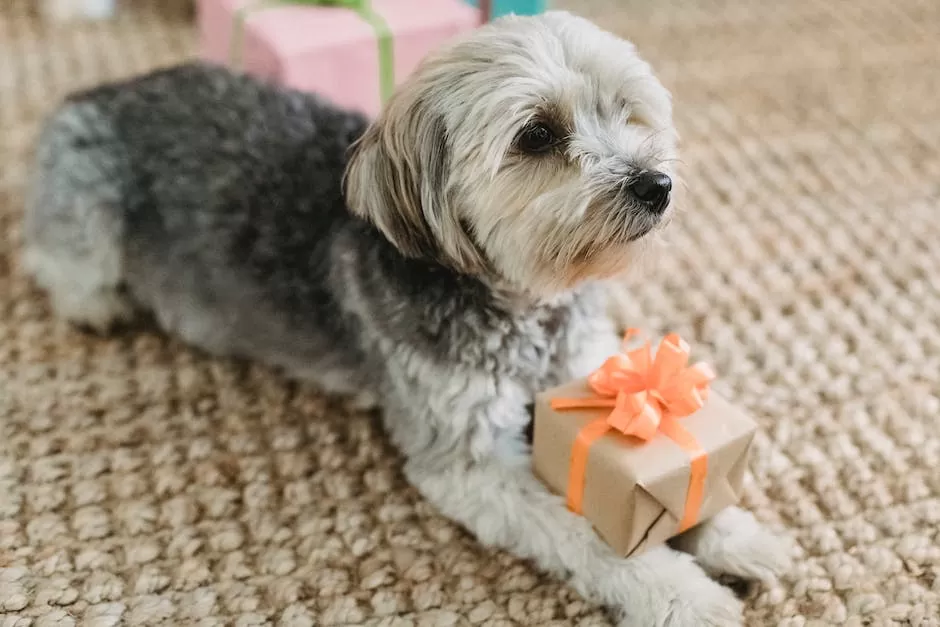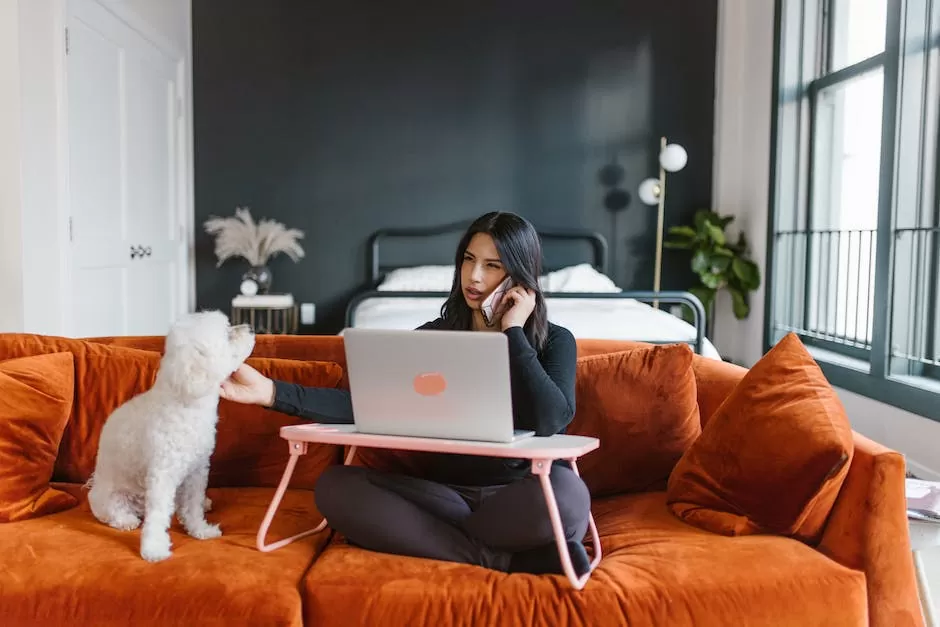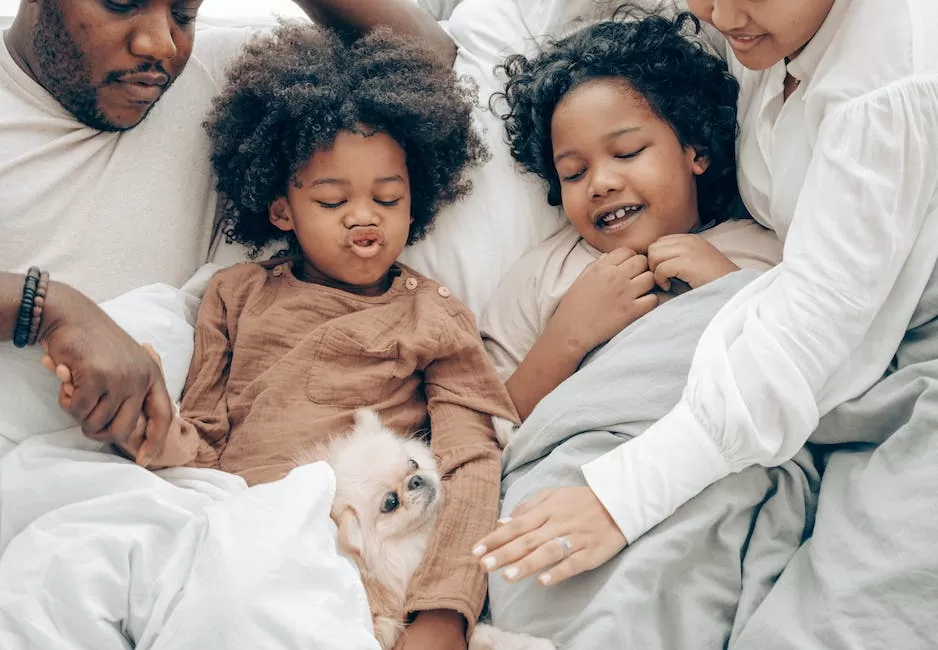How to stop my dog from peeing in the crate?

You may be asking yourself, “How do I stop my dog from peeing in the crate?” Well, the answer is simple. You need to crate train your dog. Crate training is a process of teaching your dog to associate the crate with positive things, such as treats and toys. The key to crate training is to make sure that the crate is never associated with punishment. This means that you should never put your dog in the crate as a form of punishment. Doing so will only make your dog fear the crate and make the crate training process more difficult.
If your dog is urinating in their crate, there are a few things you can do to stop the behavior. First, make sure that the crate is the right size for your dog. It should be big enough for them to stand up, turn around, and lie down, but no bigger. If the crate is too big, they may feel like they need to squat in one corner to relieve themselves. Second, take your dog out frequently to give them a chance to relieve themselves. Puppies, in particular, may need to go out every hour or two. Third, if your dog has an accident in their crate, clean it up immediately. Use a enzymatic cleaner designed for pet stains to remove the scent of urine, which will help discourage your dog from urinating in that spot again. Finally, be consistent with your crate training. Let your dog out on a regular schedule and stick to it, so they know when they can expect to relie
Why does my dog keep peeing in the crate?
If your dog is urinating in their crate, it could be due to a health issue such as a UTI or anxiety. UTIs make it difficult for your dog to hold their urine, and urinating is often painful. If you believe your dog has a medical illness that’s causing them to urinate inside, talk to your vet immediately.
If you are crate training your dog, it is a good idea to get a divider and a pee pad. This way, your dog can have a designated spot to pee and will not have to sleep in it.
Why does my dog pee in his crate when left alone
If your dog is urinating in the house when you’re home as well as when you’re away, it’s more likely a housetraining problem than separation anxiety. However, if your dog is urinating in his crate when you leave the house but is fine holding it through the night, this could be an example of separation anxiety. If you’re not sure what’s causing your dog’s urinary issues, it’s best to consult with a veterinarian or animal behaviorist.
It is important to take your dog out to relieve themselves every 6-8 hours, according to vets. This would be 3-4 times a day. They say that just because a dog can hold their pee for +8 hours, they shouldn’t have to.
Should I put a pee pad in the crate?
Puppies are notorious for chewing on things, and pee pads are no exception. If you leave a pee pad in your puppy’s crate, they may start to chew on it, which can be a hazard. Additionally, it may start to teach your puppy that it is okay to pee in their crate. Pee pads can be used in long-term confinement areas for your puppy, but should be removed from the crate to avoid any accidents or unwanted chewing.
It’s important to make sure your puppy has plenty of opportunities to relieve himself outside, but it’s also important to create an environment that is safe and relaxed. Too much stimulation can lead to accidents indoors, so it’s important to find a balance.
How long can dog hold pee?
Assuming you would like tips for potty training a young dog:
A young dog can hold their pee for up to 10-12 hours if needed, but that doesn’t mean that they should. The average adult dog should be allowed to relieve itself at least 3-5 times per day. That’s at least once every 8 hours.
Some things you can do to help potty train your young pup are:
– Take them out first thing in the morning and right before bed.
– Set a regular schedule and stick to it as best as you can.
– Don’t get upset if there are accidents, just clean them up calmly andFocus on the positive by rewarding your pup when they do good.
If you have a young puppy, it is important to take them out for regular potty breaks at night. However, older puppies generally do not need to be woken up for this purpose unless directed by a veterinarian.
How do you break separation anxiety in dogs
Here are five tips to help ease separation anxiety:
1. Before you leave the house, take your dog for a walk.
2. No touch, no talk, no eye contact.
3. Say goodbye to your dog long before you leave.
4. Stay calm and assertive!
5. Start out small by leaving your dog alone for just five minutes.
6. Leave your dog with a good audiobook.
If you find that your puppy has eliminated in the house, don’t punish them. Just clean up the soiled area and move on. Rubbing their nose in it, taking them to the spot and scolding them will only make them fearful of you or the act of eliminating in your presence.
Do dogs pee to get attention?
It is important to be aware of attention-seeking behaviour in dogs, as it can often be a sign of underlying issues. If your dog is urinating in an inappropriate space, it is possible that they have learned to do this in order to get your attention. It is important to speak to a professional about this behaviour in order to determine the best course of action.
If your dog is urinating or defecating in the house, it is likely a symptom of separation anxiety. Anxious dogs often work themselves up to the point that they pee or poop in the house, even if they are housebroken. If your dog is experiencing separation anxiety, there are a few things you can do to help them feel more comfortable when you’re not around. Try giving them a special toy or bone to chew on when you leave, or leave a piece of your clothing with your scent on it. You can also try training your dog with positive reinforcement – rewarding them when they are calm and relaxed. If you think your dog’s separation anxiety is severe, you should talk to your veterinarian or a behaviorist.
What is caged dog syndrome
If your dog is displaying any of the above symptoms, they may be suffering from caged dog syndrome. It is important to seek professional help if you suspect your dog has this condition, as they may need behavior modification and/or medication to help them cope. Crate syndrome is a serious condition that can negatively affect your dog’s quality of life, so it is important to get help as soon as possible.
If you find that your puppy has urinated or defecated inside the house, it is important not to punish them. This will only serve to make them afraid of you or afraid to eliminate in your presence. Instead, simply clean up the soiled area and provide your puppy with plenty of opportunities to eliminate outside.
At what age can a dog go all night without peeing?
By the time your puppy is 4 months old, they should be able to start sleeping through the night without needing to go to the toilet. However, if your puppy does need to go to the toilet during the night, keep calm and don’t give them too much attention.
When kenneling your pet, you will want to start by removing the soft pad on the bottom of the cage and take that right to your washing machine for a good cleaning. Next, wash all the soft furnishings such as the pad, pet bed, and blankets. Prepare the kennel by removing any odor. Wash and rinse the cage. Break the cage apart and hose out any waste. Clean the inside of the cage thoroughly.
Final Words
If your dog is urinating in their crate, there are a few things you can do to try and stop the behavior. First, make sure that the crate is not too big. You want your dog to feel like they have enough space to move around, but not so much space that they feel like they can urinate in one corner and sleep in the other. Secondly, try using a different type of bedding material. If your dog is urinating on newspapers, try using a blanket or a towel. Finally, if the problem persists, you may need to consult a veterinarian to rule out any medical issues that could be causing the urination.
If your dog is peeing in the crate, there are a few things you can do to stop this behavior. First, make sure that the crate is the right size for your dog. If it is too small, your dog may feel claustrophobic and uncomfortable, and this could be causing him to urinate in the crate. Second, try to put the crate in a quiet, low-traffic area of your home, away from any commotion or potential stressful stimuli. Finally, make sure that your dog has plenty of opportunities to relieve himself before being crated, and that he has access to fresh water at all times. If you follow these tips, you should be able to stop your dog from peeing in the crate.